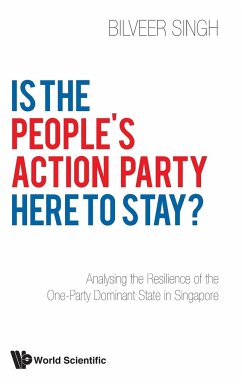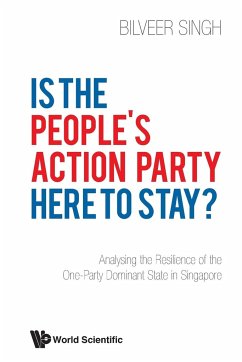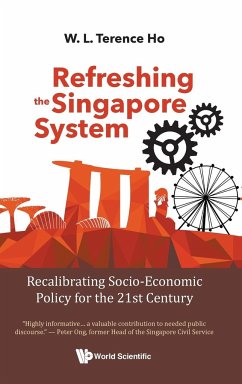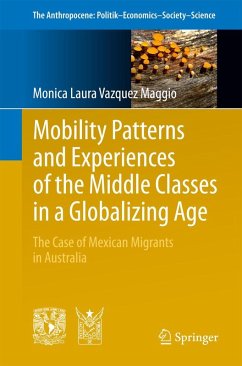
ENABLING POSITIVE ATTITUDES AND EXPERIENCES IN SINGAPORE
Versandkostenfrei!
Versandfertig in 1-2 Wochen
61,99 €
inkl. MwSt.

PAYBACK Punkte
31 °P sammeln!
Positive experiences in daily lives enhance people's well-being and motivate them to do well and help others. Therefore, it is important to understand the factors that create positive experiences. Research has shown that positive attitudes can lead to positive experiences, and vice versa. However, there is no public consensus on what the different attitudinal dimensions are and how to measure them. Clearly, understanding the nature of positive attitudes is critical to fostering positivity. Positive attitudes and experiences can create conditions that help generate constructive solutions at the...
Positive experiences in daily lives enhance people's well-being and motivate them to do well and help others. Therefore, it is important to understand the factors that create positive experiences. Research has shown that positive attitudes can lead to positive experiences, and vice versa. However, there is no public consensus on what the different attitudinal dimensions are and how to measure them. Clearly, understanding the nature of positive attitudes is critical to fostering positivity. Positive attitudes and experiences can create conditions that help generate constructive solutions at the individual, group and societal levels. This will tackle negativity mindsets and solve problems. It will also enhance citizen well-being and create opportunities for them. This book, based on the proceedings at the Behavioural Sciences Institute Conference 2015, explores how these possibilities can be turned into reality in the Singapore context. Issues examined include policy and public actions, public communications, building communities, leadership and applications in specific areas such as health and education. The book is organized into four parts. Part I provides an overview of positivity issues. Part II analyzes the relationships linking positivity to the sense of community in Singapore and leadership in the social services. Part III examines positivity from the perspectives of healthcare and education. Part IV addresses specific questions on positivity in terms of city planning, volunteerism, active citizenry, social media, well-being, values, purpose and meaning, and relationships between people and government. This book will provide the reader valuable perspectives, an increased understanding of issues related to enabling positive attitudes and experiences in Singapore and many potential applications to reflect on.














